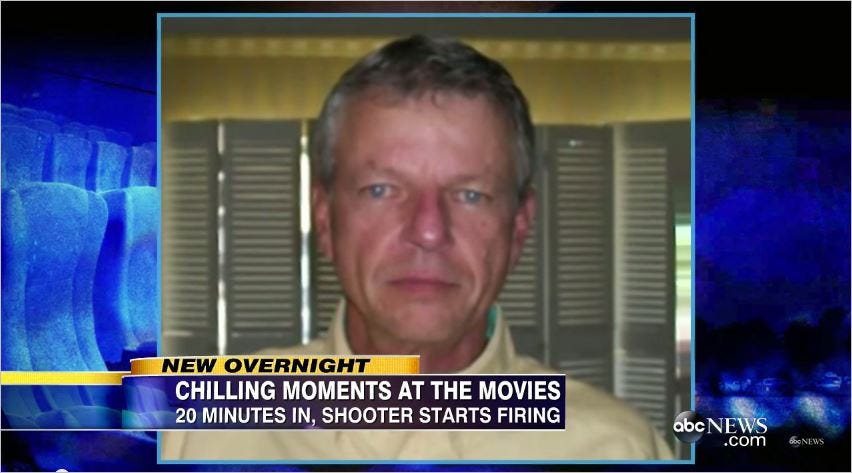The man who opened fire in a Louisiana movie theater should not have been able to legally purchase the firearm he used to shoot 11 people.
Under federal law, anyone involuntarily committed to a mental institution or found to be a danger to themselves or others is prohibited from owning guns. In 2008, a judge in Georgia ruled John Houser, the Louisiana shooter, was a danger to himself and others and committed him to mental health treatment against his will.
States are not required to provide mental health records to the FBI’s National Instant Criminal Background Check (NICS) system. And New Hampshire is one of 11 states (plus the District of Columbia) that has no law requiring or expressly authorizing courts or mental health facilities to provide those records to the FBI.
The advocacy group Everytown for Gun Safety notes New Hampshire has only reported two mental health records to the federal background check system. Based on records from states with strict reporting requirements, Everytown estimates there are over 10,000 New Hampshire residents who are prohibited from owning firearms but have not had their names entered in NICS.
Last year, state Sen David Watters (D-Dover) sponsored legislation that would have required New Hampshire courts to report the name of anyone who had been found incompetent to stand trial due to mental disability, found not guilty by reason of insanity, appointed a guardian or involuntarily committed to a mental health facility.
Gun rights advocates claimed the requirement would infringe their 2nd Amendment rights and would lead to gun confiscation. In a public testimony before the Senate Judiciary Committee, Rep. John Burt (R-Goffstown) said the legislation “is really the start of what Australia and England have gone through. Currently, they are disarmed. Their legal citizens are disarmed. Their law-abiding citizens. This bill will lead to that,” Burt warned. “I have no doubt in my mind.”
Former state GOP chair Jack Kimball concurred, “We’ve seen nationally, a move toward gun confiscation in the United States of America. I never thought I’d see that day,” he told the committee. “But as far as I’m concerned, this bill is the camel’s nose under the tent which is leading toward that very thing.”
Despite early bipartisan support, the Senate watered down Senate Bill 244 with an amendment that would have instead established a study commission; the House Judiciary Committee unanimously recommended against it; and the full House killed the bill in a voice vote.



